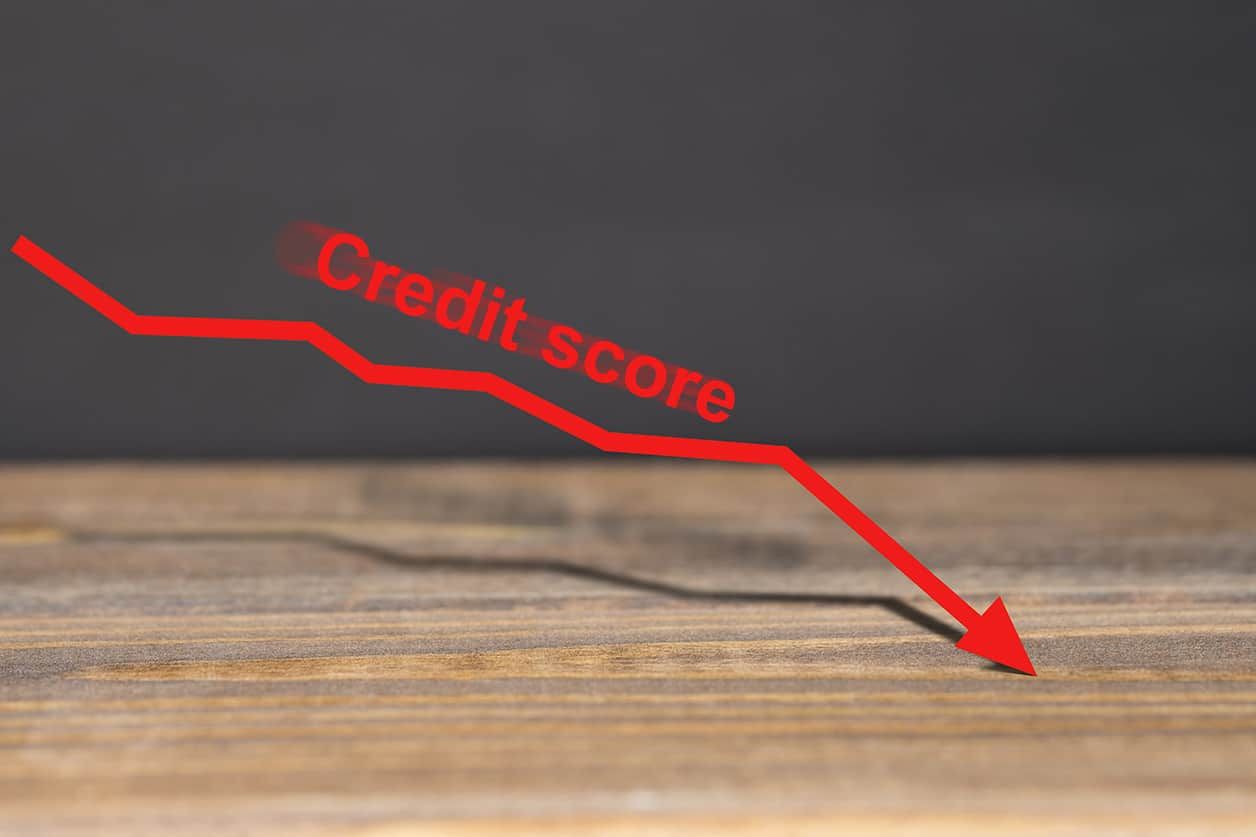Written by Lexx Thornton
Hundreds of Americans are watching their credit scores plummet as student loan collections kick back into full gear! Since the federal government resumed referring missed student loan payments to collections, borrowers who fall behind by just 90 days are seeing score drops as severe as 150 points which is just enough to affect your personal car loans, mortgages, rental applications, and even job opportunities. Are you aware that some jobs do background and credit checks on applicants?
After a pandemic-era pause and a one-year grace period, the Biden administration’s protections expired in October 2024. Now with the new Trump administration, wage garnishments and tax refund seizures are back underway. Some aren’t worried about it because they have decided to go back to school to follow the rule of thumb that states “as long as a student is half enrolled, loans do not have to be paid back until after six months”. That is partially true and some think this is a better option.
Others wonder, can the administration really garnish my checks? Unfortunately, the answer is yes. The government (administration) can legally garnish your wages, but only under certain conditions and with due process. The Department of Education or a guaranty agency can garnish up to 15% of your disposable pay. No court order is required, but you must receive a notice and have an opportunity to dispute or negotiate repayment. This is all a cycle that is set to mess up credit scores. A cycle? Yes, because everything is taxed anyway to keep a cycle going.
With more people forced to prioritize student loans, they may default on credit cards, miss rent, or delay spending, slowing recovery and deepening economic inequality, especially for first-generation college graduates and borrowers of color. What do you think?

